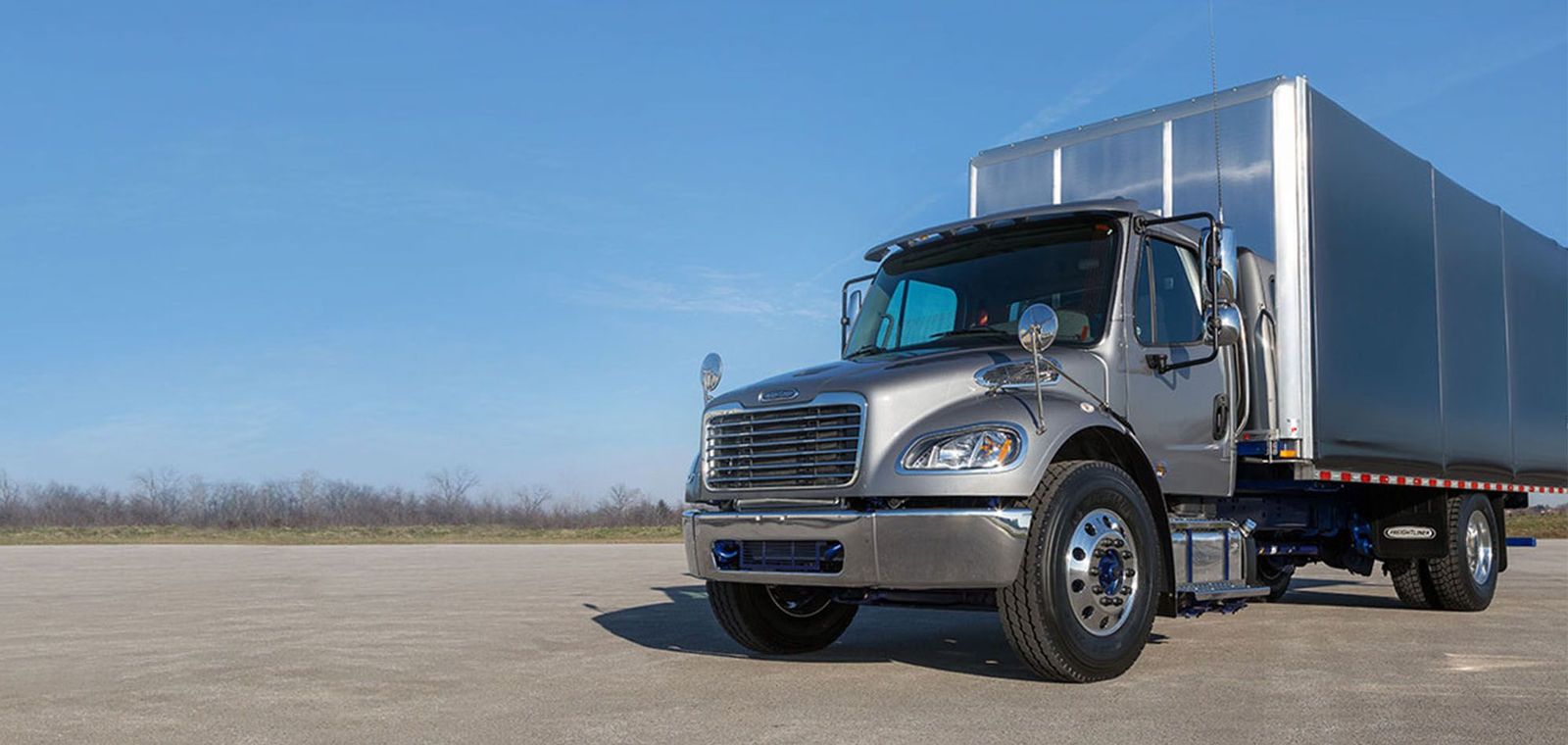Experiencing truck lock cylinder problems can be both frustrating and inconvenient, leaving you helpless in situations when you need your vehicle the most. A lock cylinder is a crucial component of your truck’s security system, and when it malfunctions, it can prevent you from accessing your vehicle. In this article, we’ll delve into the common causes of these issues and explore effective solutions to get you back on the road.

Understanding Truck Lock Cylinders
A truck lock cylinder is a mechanical device that allows you to engage or disengage the locking mechanism of your truck. It consists of pins, springs, and other small components that work together to enable the turning of a key. Over time, these components can wear out or become misaligned, leading to problems.
Common Causes of Lock Cylinder Problems
- Wear and Tear: Like any mechanical component, lock cylinders are subject to wear and tear over time. Frequent use, exposure to the elements, and lack of maintenance can lead to wear.
- Debris and Dirt: Dirt, dust, and debris can accumulate inside the lock cylinder, affecting its performance. This buildup can impede the movement of internal components, causing the cylinder to stick or jam.
- Key Wear: A worn or damaged key can also cause issues with the lock cylinder. When a key is worn, it may not properly align with the pins inside the cylinder, making it difficult to turn.
Signs of a Faulty Lock Cylinder
- Difficulty Turning the Key: If you find it challenging to turn the key or it feels stuck, it could indicate issues with the lock cylinder.
- Key Won’t Insert or Remove: If your key won’t go in smoothly or gets stuck when trying to remove it, there may be an issue with the cylinder.
- Intermittent Functioning: Sometimes the lock works, and sometimes it doesn’t. This inconsistency is often a sign of internal cylinder problems.
Solutions to Truck Lock Cylinder Problems
Regular Maintenance
Regular maintenance can significantly reduce the likelihood of experiencing lock cylinder issues. Cleaning the lock with compressed air and lubricating with graphite powder can help prevent debris buildup and ensure smooth operation.
Key Replacement
If a worn or damaged key is causing issues, consider getting a replacement. A new key can improve alignment with the lock cylinder’s internal components, enhancing functionality.
Professional Assistance
If the problem persists, it’s best to seek professional help. Experienced locksmiths can diagnose and fix lock cylinder issues efficiently. You can find valuable truck lockout tips from professionals at Truck Lockout Understanding.
Preventing Future Lock Cylinder Problems
Use the Right Key
Always use the correct key for your truck. Avoid using worn-out or duplicated keys, as these can cause additional wear on the lock cylinder.
Avoid Force
Forcing the key can damage the internal components of the lock cylinder. If you encounter resistance, gently wiggle the key or inspect it for wear.
For more detailed guidance on how to prevent such issues, check out this guide on common car lockout scenarios.
Conclusion
Truck lock cylinder problems can be inconvenient, but understanding their causes and solutions can help you address these issues effectively. Regular maintenance, using the right key, and seeking professional help when needed can ensure that your truck remains secure and accessible.

FAQ Section
Q1: Can I fix a truck lock cylinder myself?
A: While minor issues like cleaning and lubrication can be done yourself, more complex problems should be handled by a professional locksmith.
Q2: How often should I maintain my truck lock cylinder?
A: It’s advisable to clean and lubricate your lock cylinder every few months to prevent buildup of dirt and debris.
Q3: What should I do if my key gets stuck?
A: If your key gets stuck, avoid forcefully pulling it out. Try gently wiggling it while applying light pressure. If it remains stuck, seek professional assistance.
This article contains affiliate links. We may earn a commission at no extra cost to you.





